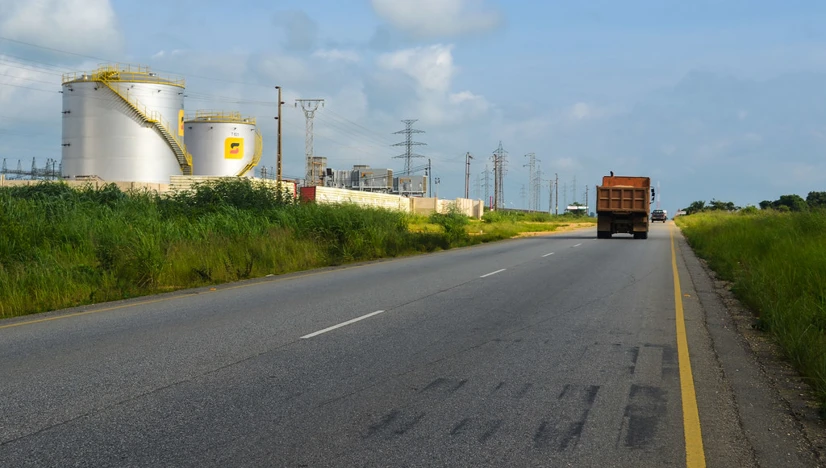A History of Resource Plunder
Post-Colonialisms Today: postcolonialisms.regionsrefocus.org, 2021
In this article, Tetteh Hormeku-Ajei and Camden Goetz discuss the ongoing impacts of colonialism on Africa’s natural resources. Over time, colonial processes have limited African economies to primary commodity export dependence, through the devaluation of their natural resources. This is a complete shift from the African political, economic, and social structures that once centered the needs of the people. Early post independence leaders recognized the importance of having a self-sufficient economy, and actively worked towards reasserting sovereignty over Africa’s natural resources. While this project was impeded through neoliberal policies which continue to limit African economies today, lessons from this period are crucial to further the struggle against current neoliberal structures.
Comment from our editors:
This article is part of the "Reclaiming Africa’s Early Post-Independence History" series at Africa is a Country.

